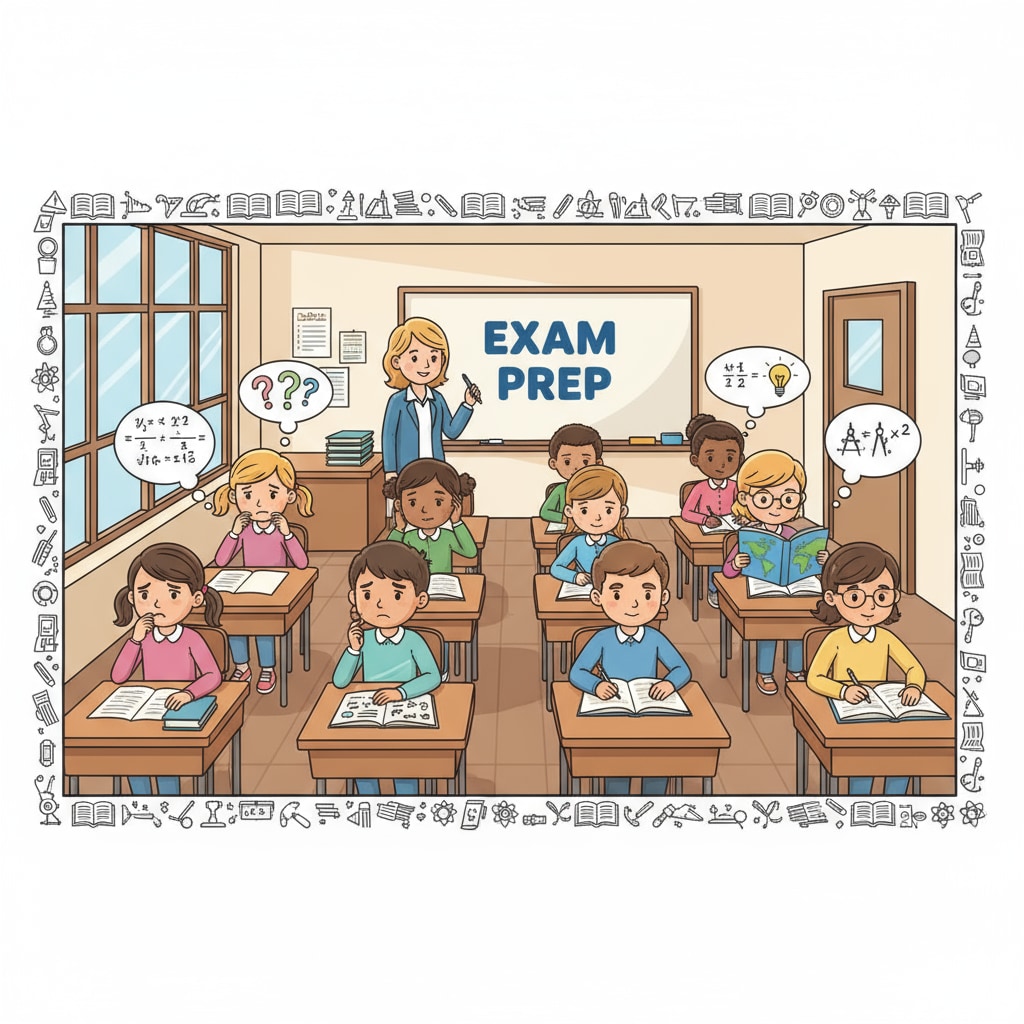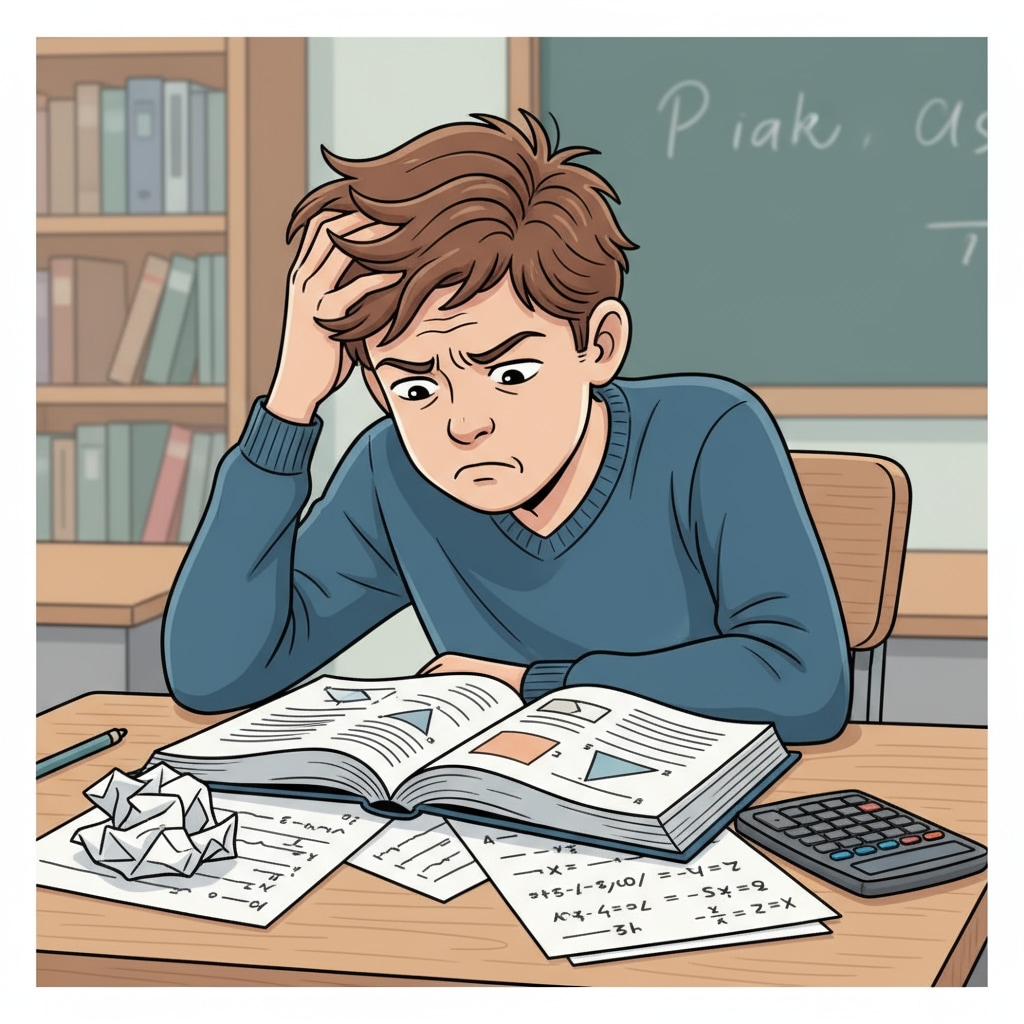Intellectual disabilities, academic performance, and self-cognition are intertwined aspects that significantly impact students’ educational experiences, especially in the K12 system. In this period, many students grapple with intellectual self-doubt, which can have detrimental effects on their academic progress and overall well-being.

The Prevalence of Intellectual Self-Doubt in K12
Self-doubt regarding one’s intellectual capabilities is alarmingly common among K12 students. A study by the National Education Association National Education Association indicates that a significant portion of students question their intelligence at some point during their K12 journey. This self-doubt often emerges when students face challenges in subjects like mathematics, science, or language arts. For example, when a student struggles to understand complex mathematical concepts, they may start to believe they are not smart enough. This can lead to a downward spiral in motivation and performance.

Factors in the Educational Environment
The educational environment plays a crucial role in fostering intellectual self-doubt. Standardized testing, which is a staple of K12 education, can be a major culprit. These tests often label students based on their scores, creating a sense of inadequacy for those who don’t perform well. Additionally, the competitive nature of classrooms, where students are constantly compared to their peers, can fuel self-doubt. Teachers’ expectations also matter. If a teacher has low expectations for a student, it can subtly influence the student’s self-perception. According to research from the American Psychological Association American Psychological Association, students are highly sensitive to teacher attitudes.
The Role of the Evaluation System
The current evaluation system in K12 education is often centered around grades. This narrow focus on academic achievements can lead students to equate their intelligence with their grades. When they receive poor grades, they may conclude that they lack intellectual ability. Moreover, the lack of a comprehensive evaluation that takes into account other aspects such as creativity, problem-solving skills, and effort can further exacerbate self-doubt. Students who excel in these non-academic areas but are not recognized may start to question their worth.
To address these issues and help students develop a healthy academic self-cognition, several practical steps can be taken. Teachers can implement more diverse teaching methods that cater to different learning styles. This includes using hands-on activities, group projects, and multimedia resources. Parents also have a crucial role to play. By providing a supportive home environment and emphasizing effort rather than just grades, they can boost their children’s self-confidence. Additionally, schools can offer counseling services to help students deal with self-doubt and develop positive self-views.
Readability guidance: This article uses short paragraphs to present ideas clearly. Each section focuses on a key aspect related to intellectual self-doubt in K12. Lists and examples are used to illustrate points, and transition words like ‘for example’, ‘additionally’, and’moreover’ are employed to enhance flow.


